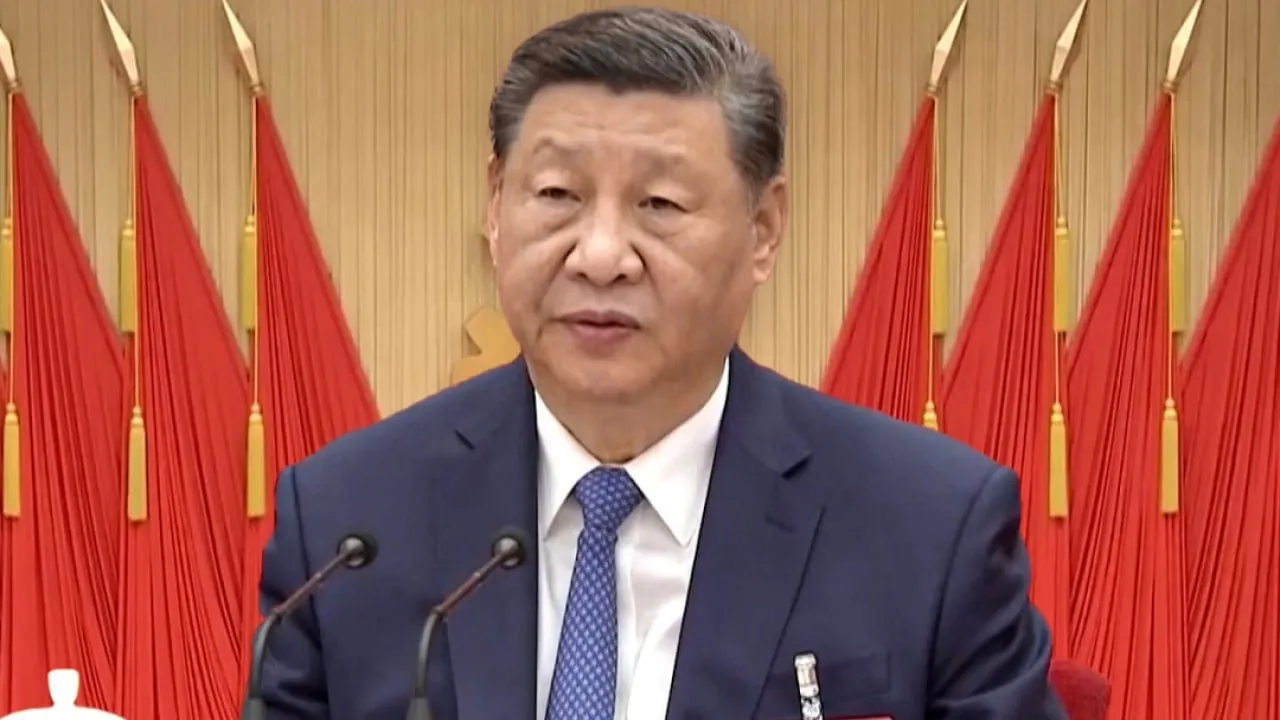Premier Li Qiang's US$28 Billion Nuclear Power Investment: A Step Towards Carbon Neutrality

China's Nuclear Power Expansion Under Premier Li Qiang
In a decisive step towards enhancing its nuclear power capabilities, Premier Li Qiang, during an executive meeting of the State Council, approved five new nuclear power projects with an investment of approximately US$28 billion. This significant approval encompasses new installations in coastal provinces such as Shandong, Zhejiang, Jiangsu, Guangdong, and the Guangxi Zhuang autonomous region.
Investment Overview
- The five projects will include 11 reactors, marking the largest number approved since 2019.
- Guolian Securities analyst He Zhaohui noted that this increase in approvals will drive growth for equipment suppliers and operators.
- China National Nuclear Power has received approvals for three reactors, while the State Power Investment Corporation is set to construct two units.
Trends in Nuclear Power Investment
China has consistently increased its nuclear power investment over the past five years, with completed investments totaling over 90 billion yuan in 2023, reflecting a 20 percent increase from 2022. The nation currently operates 55 nuclear power plants and holds the world's largest construction pipeline, with an additional 36 units underway.
Commitment to Carbon Neutrality
In alignment with its green energy initiatives, the State Council released guidelines to bolster the construction of green energy bases. This expansion in nuclear energy is part of China’s broader strategy to achieve peak carbon emissions before 2030 and carbon neutrality by 2060. Notably, in 2023, nuclear units generated over 433.3 billion kilowatt-hours, highlighting their crucial role in meeting China’s energy needs and displacing coal consumption.
This article was prepared using information from open sources in accordance with the principles of Ethical Policy. The editorial team is not responsible for absolute accuracy, as it relies on data from the sources referenced.